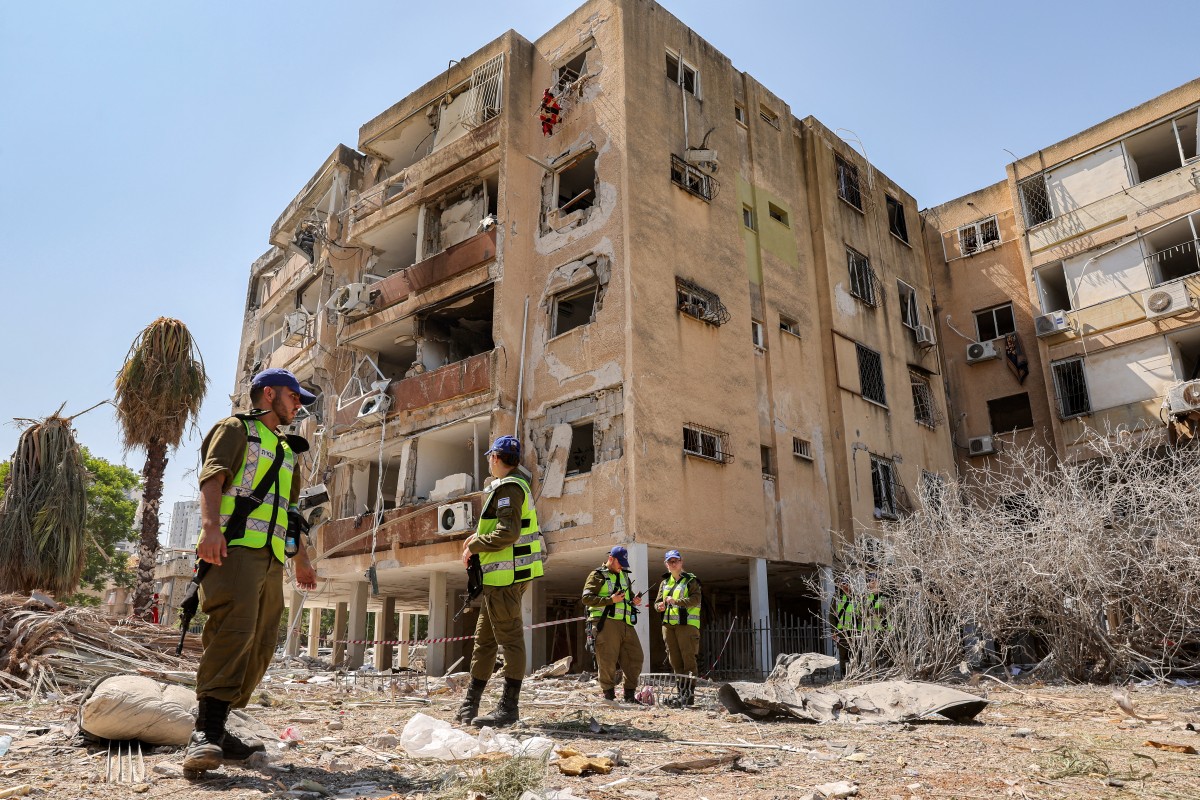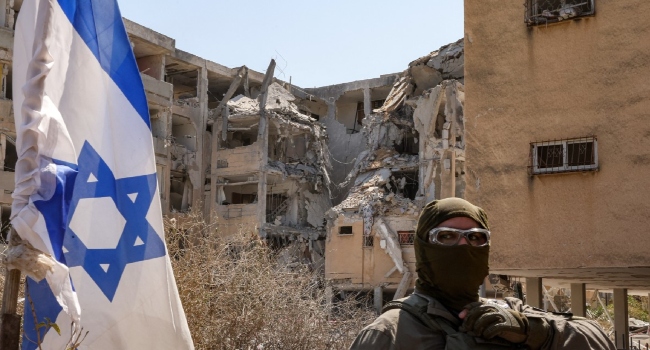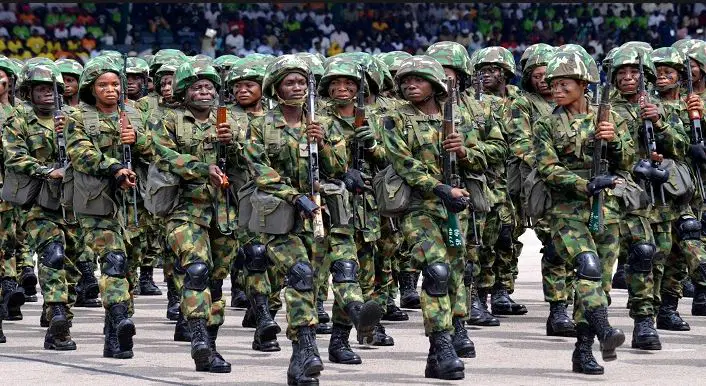At least 47 people were injured on Thursday morning following a barrage of Iranian missile attacks that struck Soroka Hospital in Beersheba, southern Israel, and damaged buildings in the central towns of Ramat Gan and Holon, near Tel Aviv.
The strike marks one of the most significant escalations since hostilities began between Israel and Iran last Friday.
Netanyahu: “Iran Will Pay a Heavy Price”
Israeli Prime Minister Benjamin Netanyahu vowed retaliation, describing the missile attacks as acts of terrorism that directly targeted civilians and medical facilities.
“This morning, Iran’s terrorist dictators fired missiles at Soroka Hospital… and at civilians in the centre of the country. We will make the tyrants in Tehran pay a heavy price,” Netanyahu said on X (formerly Twitter).
Soroka Hospital, a critical medical centre for southern Israel and injured soldiers from Gaza, sustained extensive damage, prompting hospital management to ask the public to stay away as they assessed the scale of destruction and managed the injured.
AFP footage showed smoke rising from the facility, with emergency responders rushing to rescue and relocate patients.
Casualties and Panic
According to Magen David Adom (MDA), Israel’s emergency medical service:
-
47 people were injured in total.
-
3 are in serious condition, 2 in moderate, and 42 others sustained minor injuries from shrapnel and blast trauma.
-
18 additional people were hurt while rushing to shelters during the attack.
Sirens blared across Jerusalem and Tel Aviv, as Israel’s missile defence systems intercepted many of the “dozens of ballistic missiles” launched by Iran, though several penetrated the shield.
Intensified Israeli Response Ordered
In a swift and forceful response, Israeli Defence Minister Israel Katz declared that the Israel Defense Forces (IDF) had been ordered to “intensify strikes” against strategic targets inside Iran, particularly power infrastructure in Tehran.
“These are some of the most serious war crimes… and Ayatollah Khamenei will be held accountable. We will strike the ayatollahs’ regime with full force,” Katz stated.
He confirmed the IDF had already begun retaliatory airstrikes on multiple Iranian military and infrastructure targets in the early hours of Thursday.

Wider Implications and Civilian Toll
The airstrikes and subsequent panic have crippled public life across much of central and southern Israel. Schools remain closed, commercial activity is reduced, and citizens are bracing for further escalation.
The strike on Soroka Hospital, which also handles Gaza war casualties, has intensified international concerns about civilian safety and violations of international law.
Human rights groups, including Amnesty International, have again called on both Iran and Israel to spare civilians and halt the rapidly escalating military confrontation.
Background: War Enters Second Week
This attack comes as the war between Iran and Israel enters its second week, triggered by Israel’s June 13 surprise bombing campaign against suspected nuclear and military targets in Tehran.
Since then:
-
Iran has fired hypersonic Fattah-1 missiles toward Tel Aviv (none have hit the city directly).
-
Israeli jets have conducted over 50 airstrikes targeting Iranian centrifuge plants and command centres.
-
The death toll has continued to rise, with at least 42 killed in Iran and 24 in Israel, according to respective government sources.
Both nations have rejected calls for de-escalation, and global powers are scrambling to manage evacuations and prevent regional fallout.
What’s Next?
As Israel prepares for expanded military operations, and Iran remains defiant, international observers warn that the war could quickly spiral into a regional catastrophe with global implications for oil prices, diplomacy, and security.
With no sign of restraint from either side and the civilian toll mounting, the Middle East teeters on the edge of a full-blown interstate war — one that could reconfigure alliances, redraw boundaries, and reshape geopolitics for years to come.




